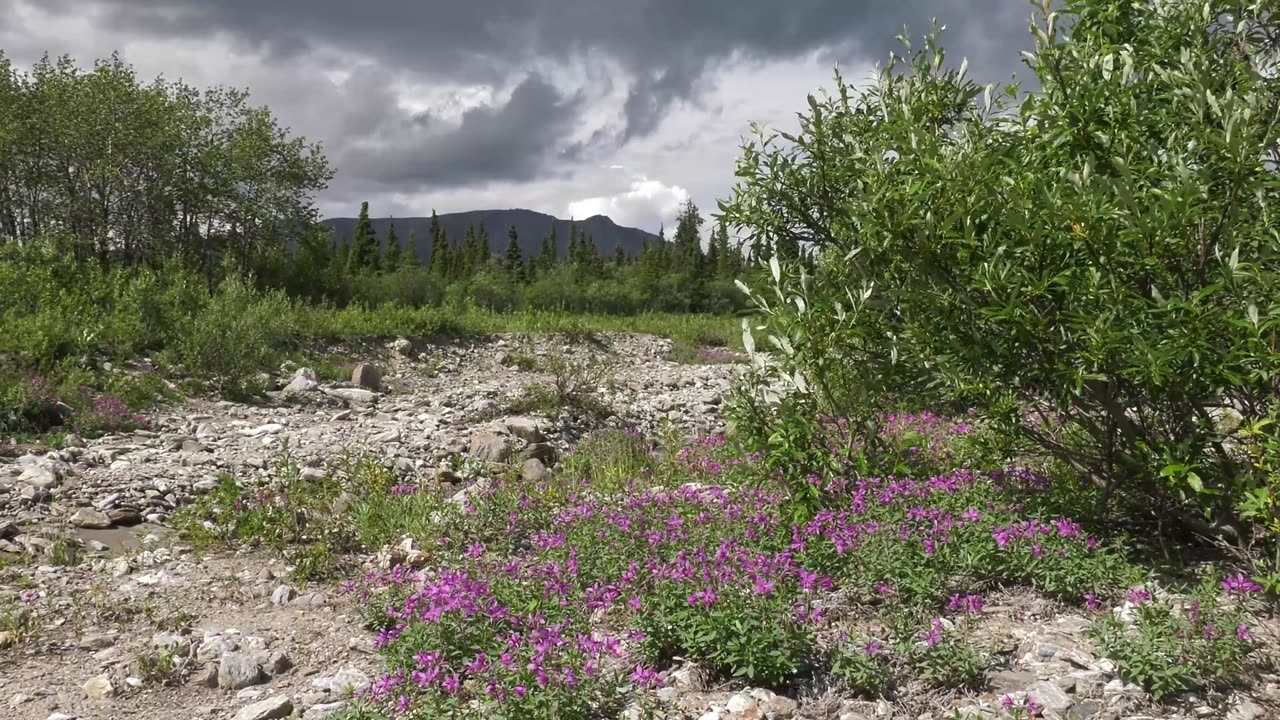Premium Only Content

NASA Explores Earth s Connections
NASA
Space Exploration
Astronauts
Space Agency
Rocket Science
Space Missions
Space Research
Space Technology
International Space Station (ISS)
Hubble Space Telescope
Mars Rover
Lunar Exploration
Earth Science
Planetary Science
Space Shuttle
Astronomy
Spaceflight
Spacecraft
NASA TV
Space Discoveries
Outer Space
Space Innovation
Mission Control
NASA History
Space Science
Spacewalk
Aerospace
Satellite
Moon Landing
NASA Administrator
The research under the "NASA Explores Earth's Connections" initiative is driven by the recognition that Earth is a complex and dynamic system where changes in one part can have far-reaching consequences throughout the entire system. The connections between different Earth systems are often nonlinear and can lead to cascading effects that impact everything from weather patterns and climate to biodiversity and natural resources.
Key areas of study within this initiative include:
Climate Change: Understanding the interactions between greenhouse gases, atmospheric circulation, ocean currents, and other factors that influence Earth's climate. This involves monitoring changes in temperature, sea level, ice melt, and other indicators to assess the impact of human activities on the climate system.
Carbon Cycle: Investigating the sources, sinks, and fluxes of carbon dioxide and other carbon compounds within Earth's atmosphere, oceans, and land. This helps scientists understand how carbon moves through different reservoirs and contributes to global carbon dynamics.
Water Cycle: Studying the movement of water in its various forms—liquid, solid, and vapor—across Earth's surface, including precipitation, evaporation, and runoff. This research is vital for predicting changes in freshwater availability, flooding, and droughts.
Ecosystem Interactions: Examining how changes in climate and land use impact ecosystems and their biodiversity. This involves tracking the health of forests, grasslands, wetlands, and other habitats, as well as understanding the feedback loops between ecosystems and the climate.
Extreme Events: Monitoring and analyzing extreme weather events, such as hurricanes, tornadoes, and wildfires, to improve predictions and disaster preparedness. Understanding the connections between these events and broader Earth systems is crucial for mitigating their impacts.
Ocean Dynamics: Investigating ocean currents, temperature variations, and sea level rise to unravel the complex interactions between the oceans, atmosphere, and ice. This research helps scientists anticipate changes in ocean circulation and its consequences for marine life and global climate.
Air Quality: Analyzing air pollution and its sources, as well as studying how pollutants interact with the atmosphere and impact human health and the environment.
-
 1:09:53
1:09:53
Game On!
6 hours ago $2.19 earnedThe Masters Day 3 LIVE Reaction!
9.46K -
 23:14
23:14
CatfishedOnline
1 day agoVictim scammed out of $100,000 for 8 years!
8.27K3 -
 17:30
17:30
Bearing
8 hours agoTHIS is why Men Shouldn’t Compete in Women's Sports 🤣
6.4K47 -
 13:19
13:19
VSOGunChannel
1 day ago $1.18 earnedI've Never Cleaned This Gun
10.6K2 -
 16:19
16:19
DeVory Darkins
21 hours ago $10.15 earnedWoke activist dealt HUGE BLOW after judge approves deportation
20.9K94 -
 9:55
9:55
Russell Brand
1 day agoThis Is Absolutely Shocking...
66.6K79 -
 26:01
26:01
The Brett Cooper Show
2 days ago $3.48 earnedChappell Roan Says All Parents Are Miserable. Is She Right? | Episode 21
19.5K26 -
 1:34:25
1:34:25
Michael Franzese
19 hours agoThey Blame Trump for Everything - But Who’s Really Wrecking the Economy?
56.1K61 -
 1:43:55
1:43:55
I_Came_With_Fire_Podcast
14 hours agoThe REVOLUTION to SAVE AMERICA Starts At HOME
45.3K9 -
 28:33
28:33
Mike Rowe
3 days agoWhy Are Healthy Men Exiting The Workforce? | Nick Eberstadt #274 | The Way I Heard It
49.3K211